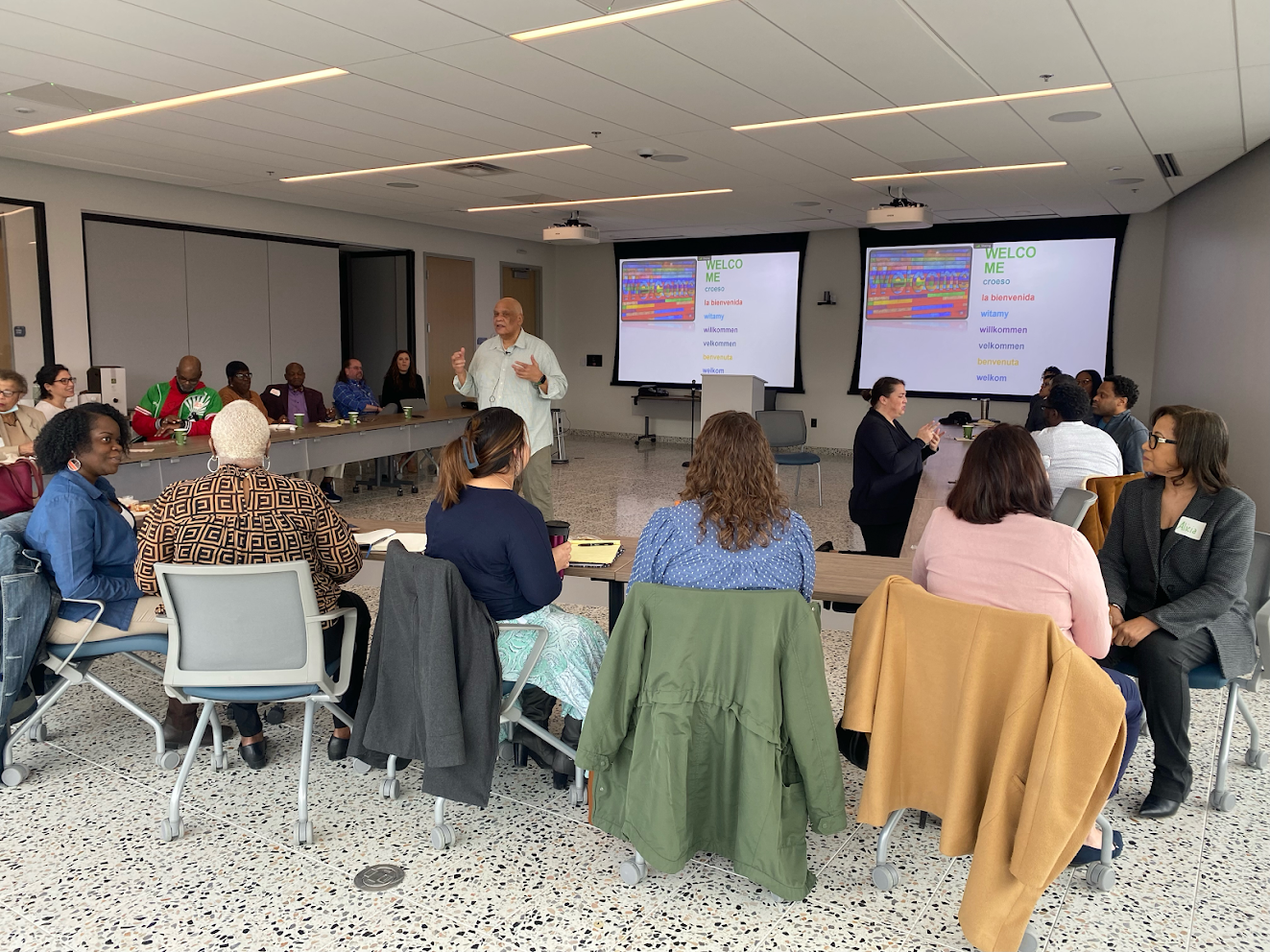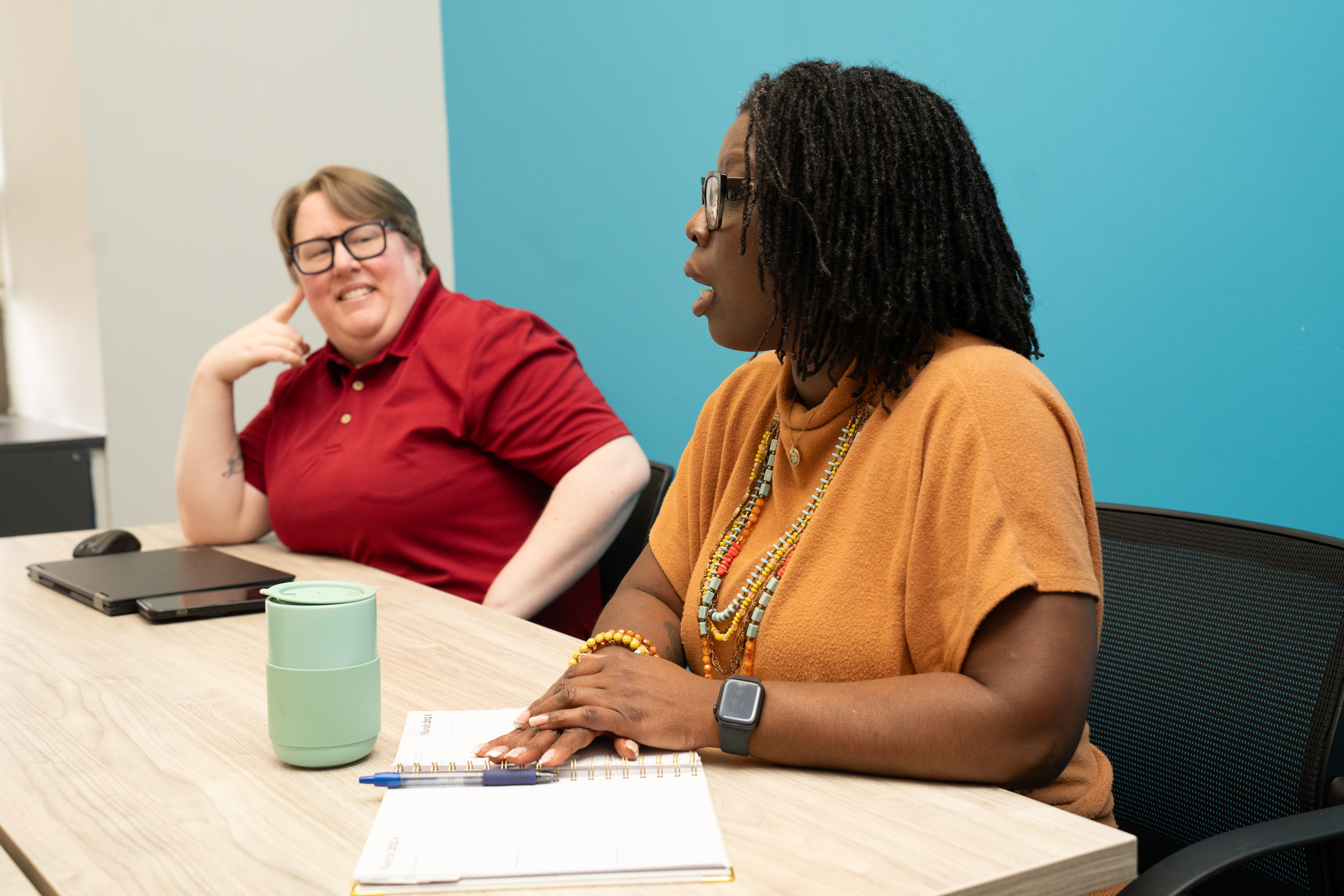Community IRB

Community IRB
Ensuring Equitable Research Oversight
Research that impacts communities should be led by communities. Yet, traditional Institutional Review Boards (IRBs) often lack meaningful representation from the people most affected by research outcomes.
At the Community Health Commission of Missouri (CHCM), we are changing that practice by developing a Community Institutional Review Board (Community IRB)– a model that places power, oversight, and ownership in the hands of the community.

Why This Matters
Historically, research has extracted knowledge from marginalized communities without returning benefits or acknowledging the expertise that resides within them. Our Community IRB challenges traditional research norms by:
- Centering Community Expertise – Prioritizing the voices of those directly impacted by research.
- Ensuring Data Ownership – Making sure community members have control over how their data is used and shared.
- Creating Equity in Research Oversight – Establishing a replicable, trauma-informed framework that shifts power to the community.
Our Work Ahead
With support from the Robert Wood Johnson Foundation’s Ideas for an Equitable Future grant, CHCM is leading the development and documentation of Missouri’s Community IRB process.
This work aims to:
- Strengthen community-scholar partnerships
- Promote ethical, culturally responsive research
- Build trust between institutions and communities
As we move forward, we are committed to working with community members, researchers, and policymakers to shape a new standard for research oversight – one that advances equity, transparency, and accountability.
Reimagining Research, Together
We believe communities should own their data, define their priorities, and lead the way toward transformative change.
Contact us today
Want to get involved or learn more?
Fill out your information and a member of our team will be in contact with you shortly.
our work, continued
Community Initiatives
CHCM offers a range of initiatives focused on research, education, advocacy, and community collaboration– all aimed at building equitable, inclusive, supportive, and trauma-informed community environments.
Learn more.